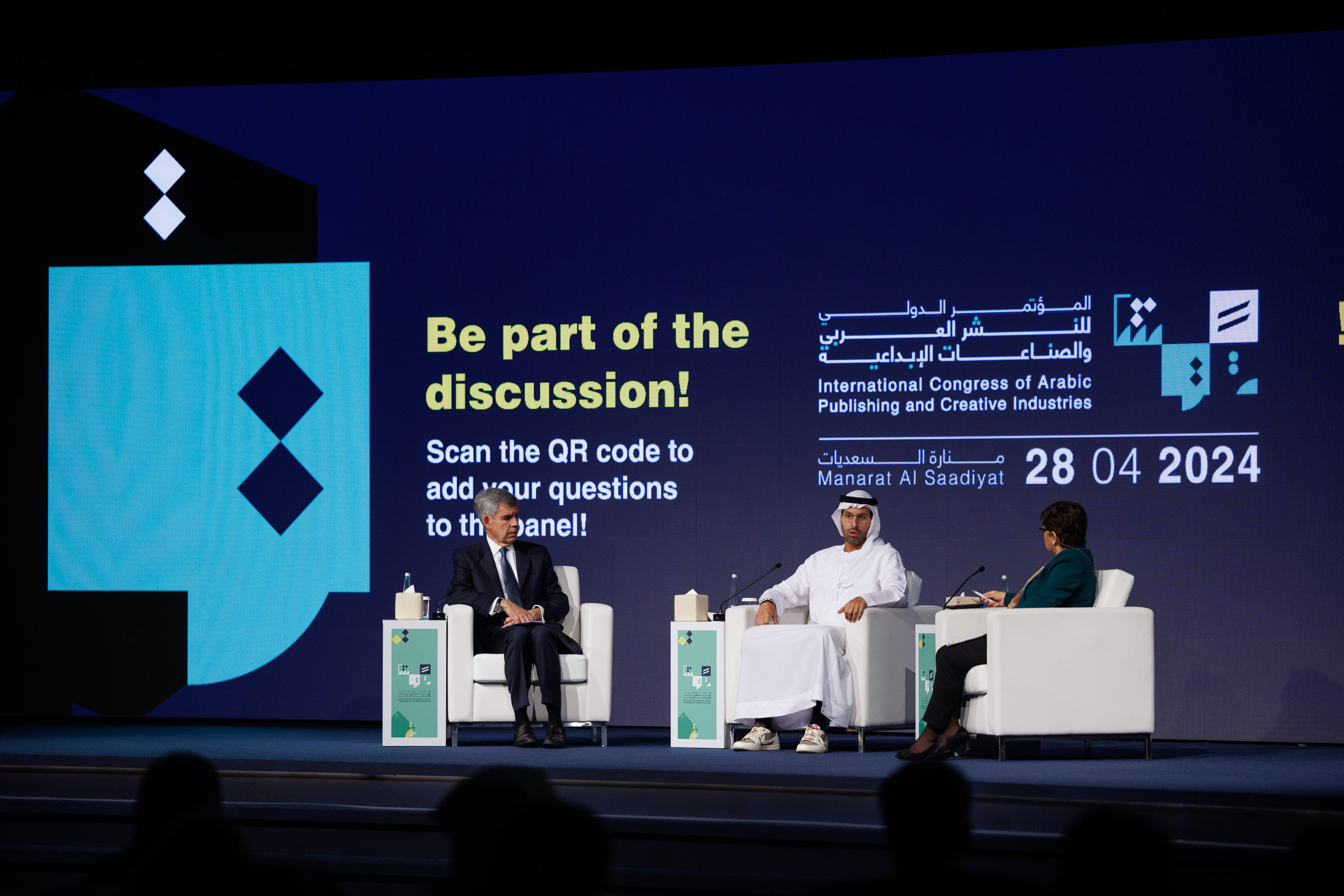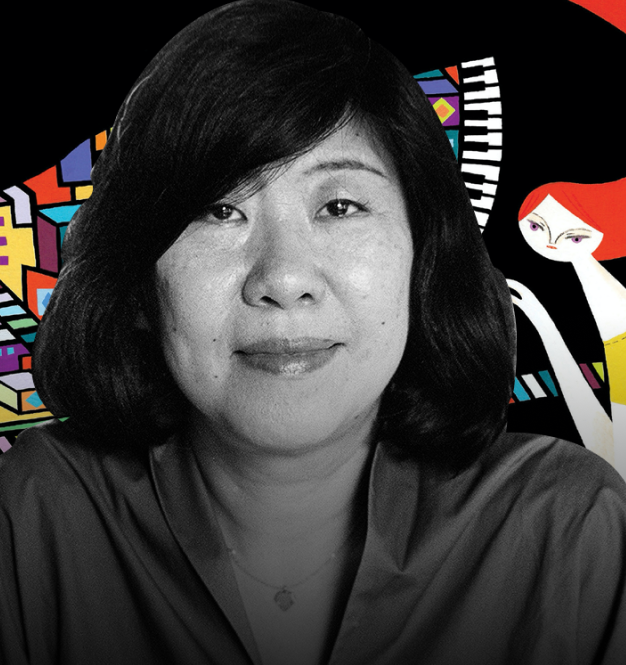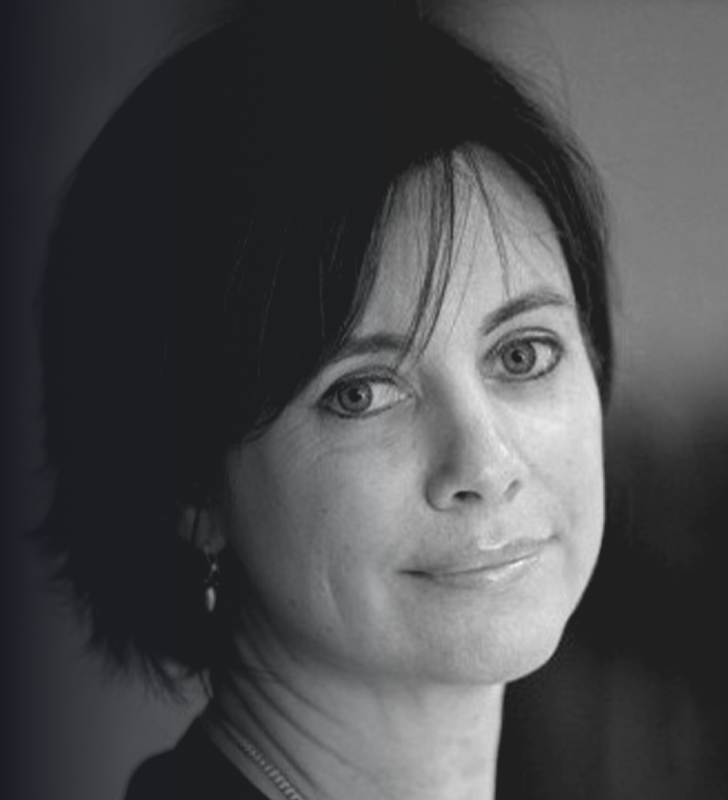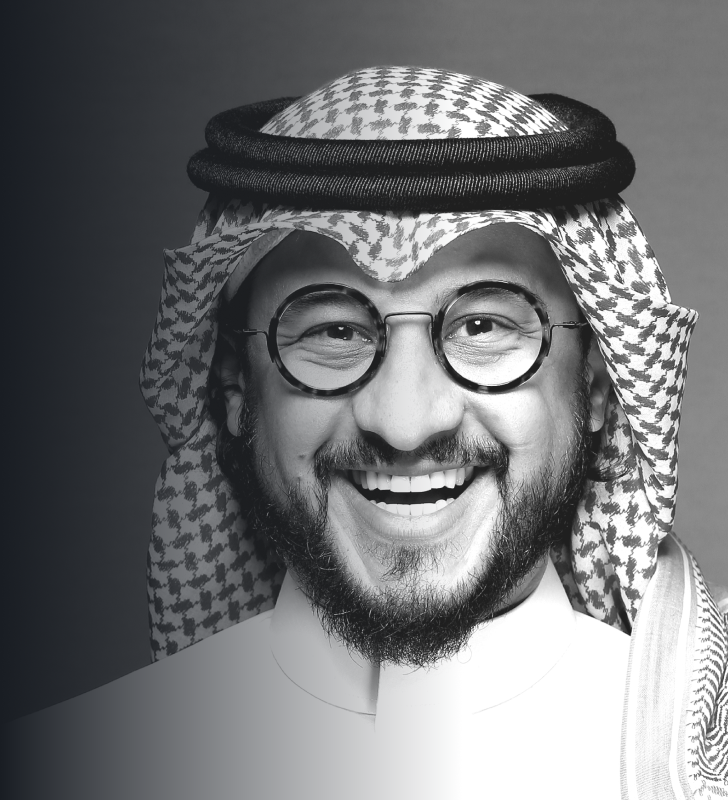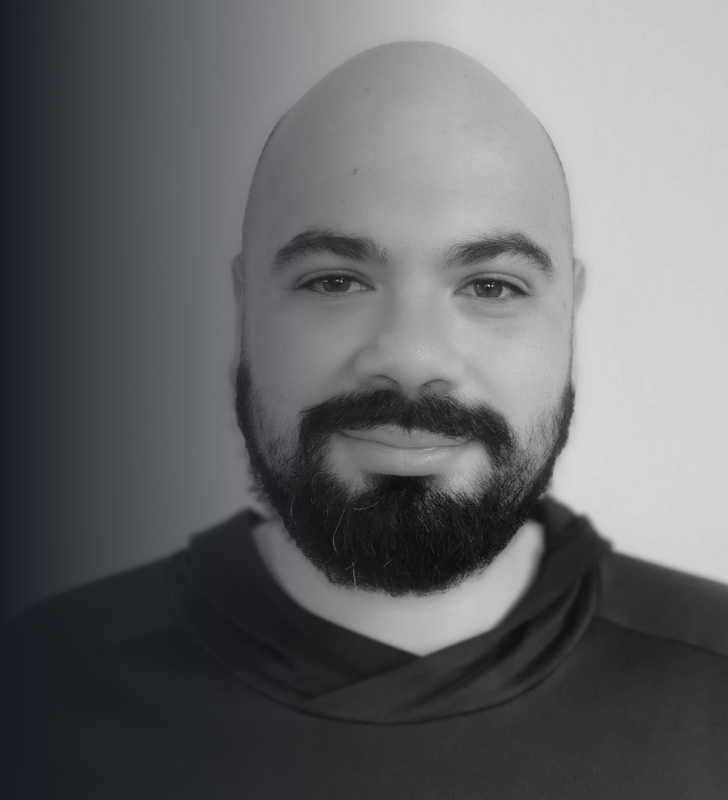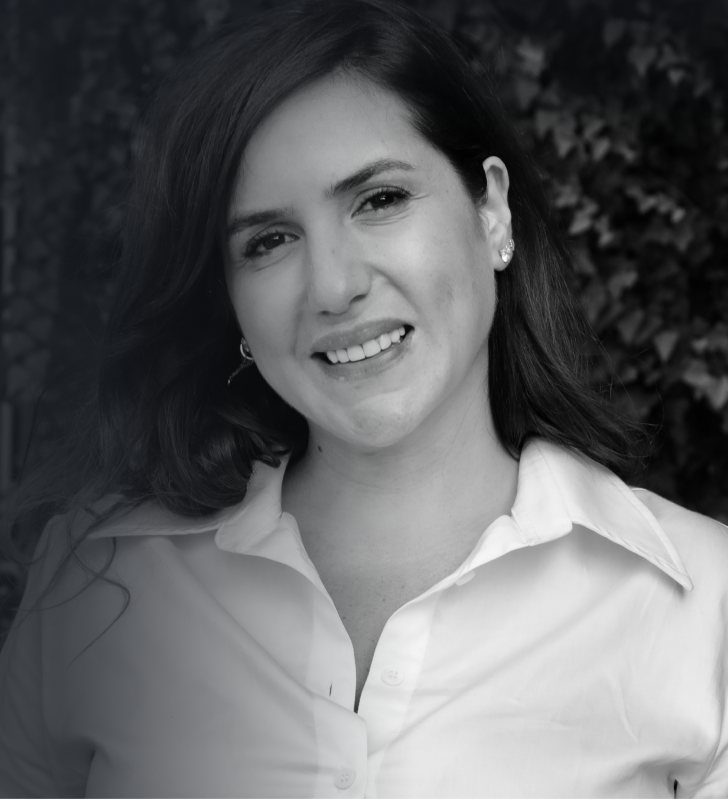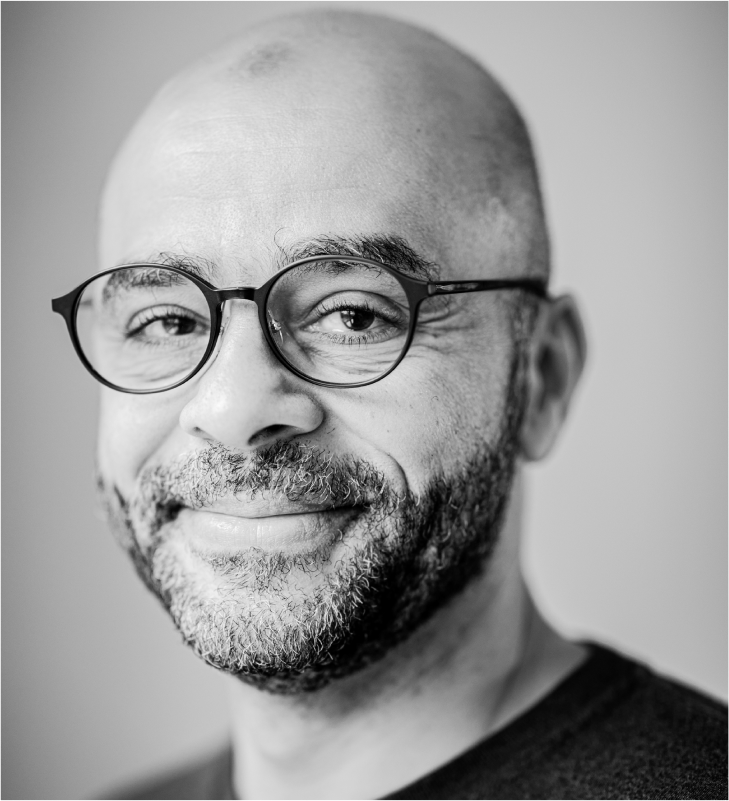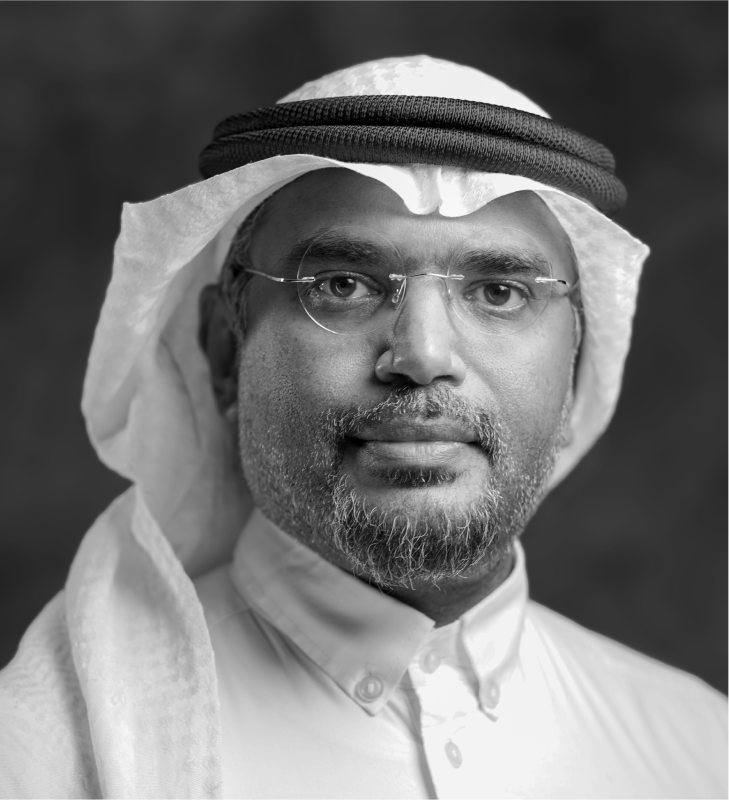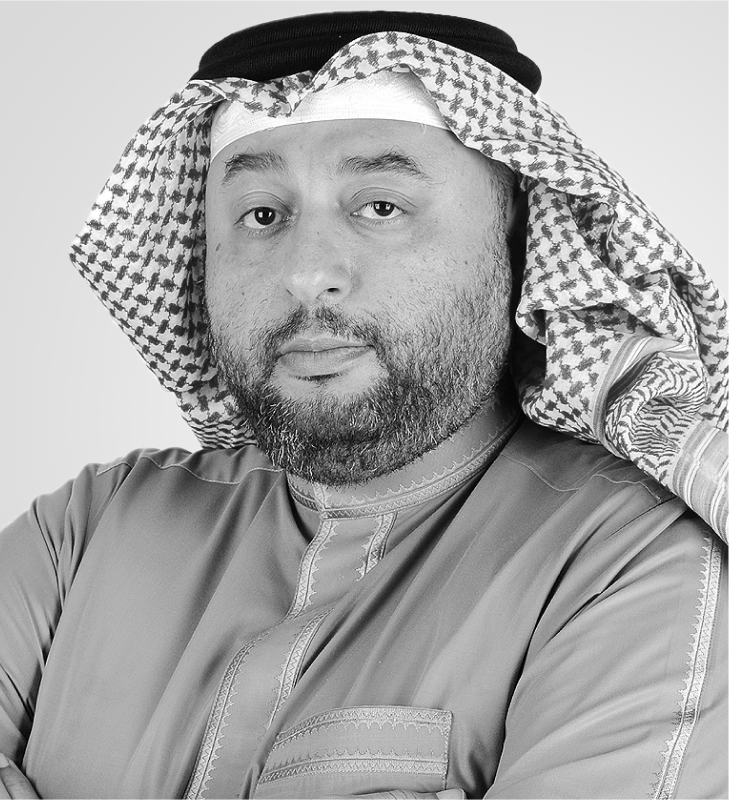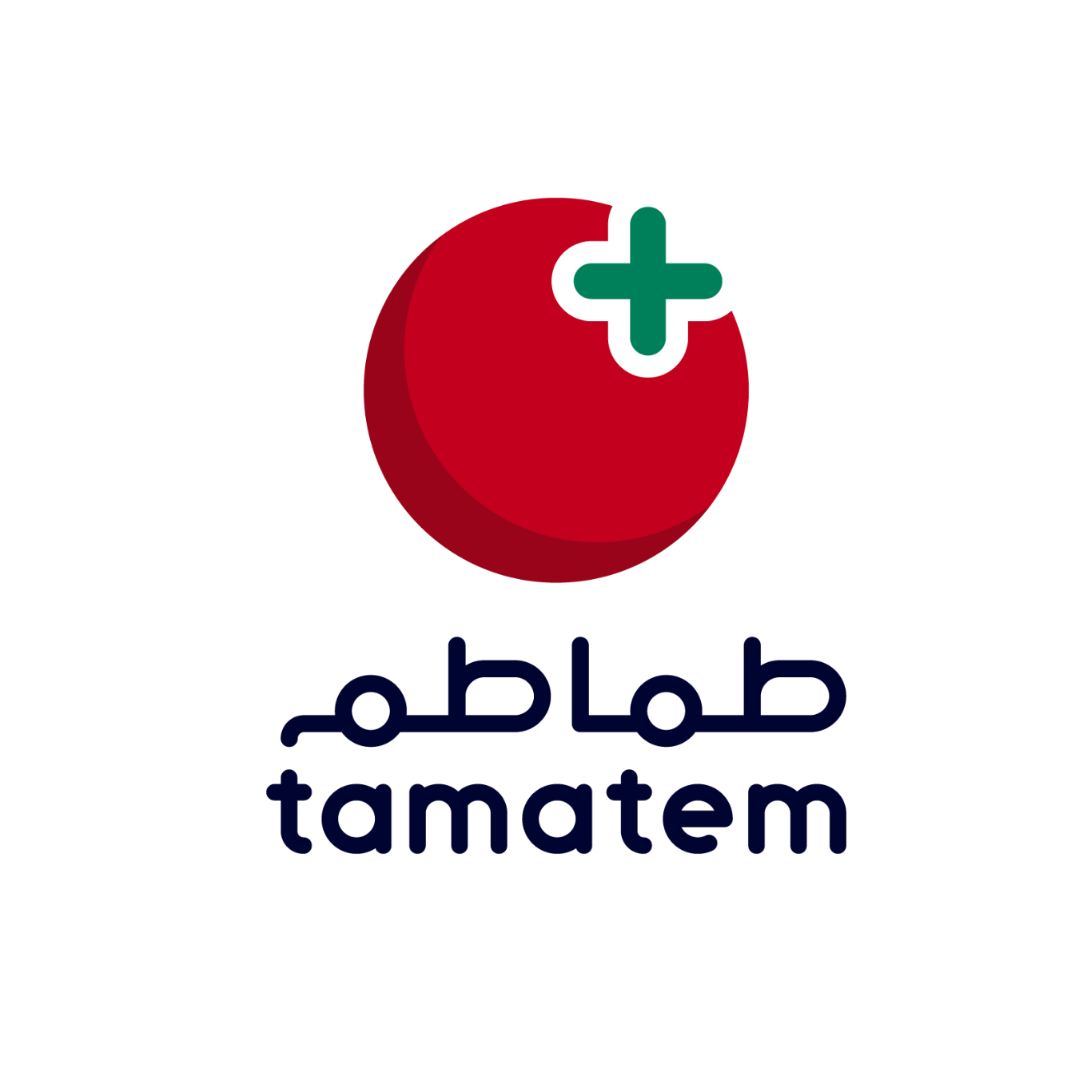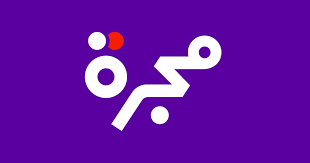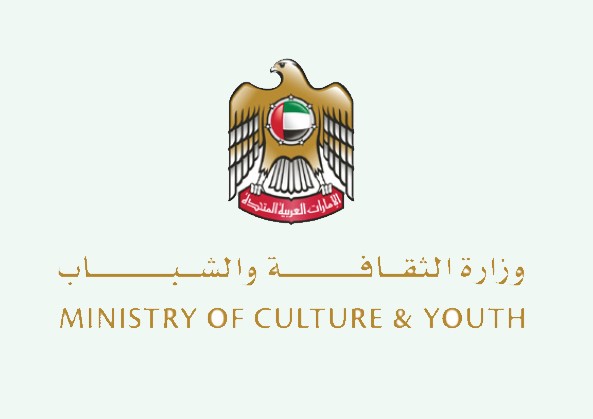

International Congress of Arabic Publishing and Creative Industries (PCI)
21 - 22 May 2023
Abu Dhabi National Exhibition Centre
Abu Dhabi, UAE
Organized By


Register Your Interest
Click HereAbout the Congress
The Congress aims to showcase the latest trends in publishing, highlighting the adaptation of books into other formats
The Congress is the first in the  Arabic publishing world to facilitate conversation between publishers,
Arabic publishing world to facilitate conversation between publishers, content creators, thought leaders, and
content creators, thought leaders, and entrepreneurs from different platforms to learn how different media can thrive as the business of
entrepreneurs from different platforms to learn how different media can thrive as the business of storytelling evolves.
storytelling evolves.
Adapting Stories  Adapting Stories
Adapting Stories  Adapting Stories
Adapting Stories 



1
Storytelling
and exploring popular themes of fantasy and sci-fi, as written works continue to be adapted for the screen

2
Localization
as an integral part of expanding content and amplifying local culture

3
Edutainment
as an innovative approach to learning

4
Digital content formats
(e-books and audio books) as a mean to reaching out to youth at platforms they used most

5
Artificial Intelligence
as a tool publishers and creatives can use to refine strategy, better serve consumers, and automate administrative tasks
Discover Our 2023 Edition

30
Speakers

6
Conscious Conversations and Discussions

12
Brands Showcasing Storytelling Technology

Keynote Speakers





All Our Panel
Speakers
Discover our Program
Day 1



KeynoteSpeaker

Brian Michael Bendis
Peabody award winning comics creator; Amazon and New York Times bestseller
Read BioThe history of Arabian fantasy tales has always been unique, in themes, characters, and storytelling techniques that has become the backbone of the fantasy genre in foreign creative production. Yet modern Arabic fantasy productions are facing challenges in establishing a distinct genre identity amongst Arab and international audiences. How can creatives draw inspiration from the rich history of Arabian fantasy while also breaking new ground? What role Arabic fantasy can play in promoting Arab culture and values to a global audience? What are the elements required to create a compelling and original Arabian fantasy content that can stand on its own merits in the global marketplace?
Panel Moderator

Dr. Abdel-Wahab Khalifa
Expert in Arabic Literature and Translation; Senior Lecturer in Translation and Interpreting at Queen's University Belfast, N. Ireland, UK
Read BioThe launch of the artificial intelligence service “Chat GPT” has taken the world by storm, providing a fast and detailed content writing service for users in many fields, with users now amounting to millions worldwide. With the growing popularity of the service, many questions arise on the role of machine intelligence in creating creative content; will the machine play a key role in creative industries and accelerate their growth? What are the potential risks on human creativity and user experience and how do they weigh in versus the perceived rewards of AI?
Data has emerged as a significant driving force across industries, including the content sector. Today, media and content companies are armed with a vast array of user data, offering valuable insights into consumer behaviour. This wealth of information enables these companies to make informed decisions regarding content production, recommendation algorithms, and UI design. Ultimately, these decisions lead to improved user experiences. How can content creating companies leverage data to serve their users? What are the global best practices in utilizing consumption data to produce more relevant content? How is Majarra harnessing data and insights to compete in Arabic content creation?
Educational entertainment has been using media content to support learning since the mid-twentieth century. How successful is edutainment in promoting education among young people? Does it improve the quality of learning, or does it simply provide a superficial form of engagement? How can educators and content creators ensure that edutainment supports learning outcomes?
Panel Moderator
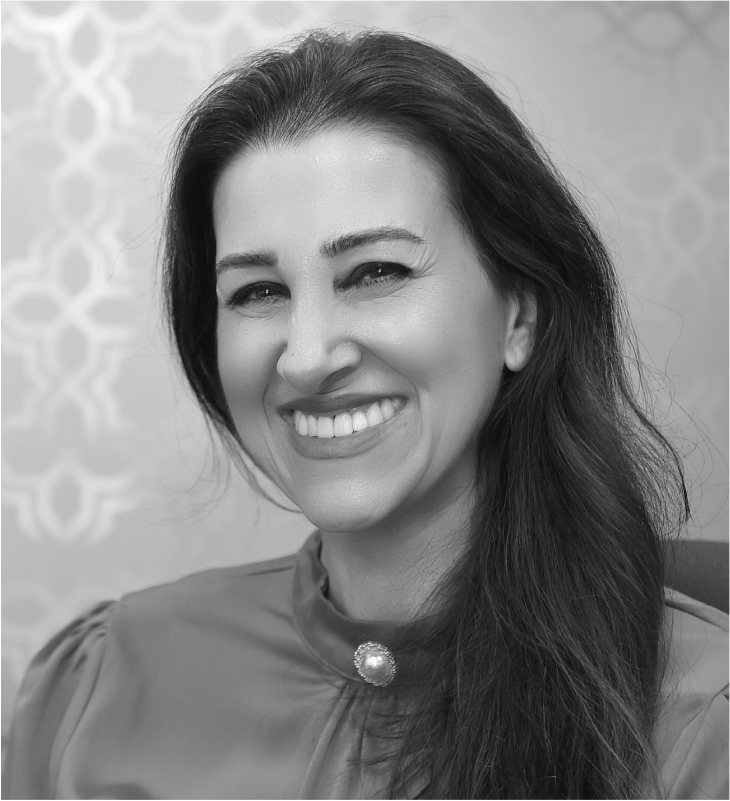
Hanada Taha Thomure
Endowed professor of Arabic language and director of the Arabic Language Center for Research & Development, Zayed University
Read BioPanel Speakers


Etienne Augé
Historian specialized in futures studies and science fiction; Principal lecturer at Erasmus University Rotterdam
Read Bio

Numerous digital platforms offer podcasts and audiobooks, catering to listeners’ growing interest in spoken word audio entertainment. Recently, a few music streaming platforms as well expanded their product lines to include audiobooks and podcasts. Can this one-stop-shop model for audio content give Arabic publishing the boost it needs to increase interest in reading? What kind of innovation is required to support authors and publishers tapping into this new demand?
Panel Moderator
Panel Speakers
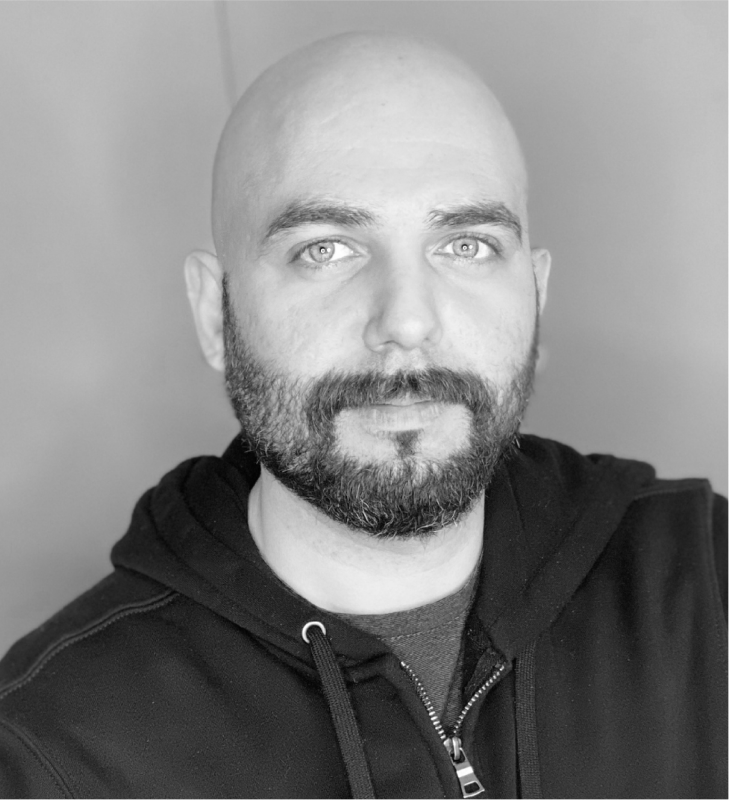

Helena Gustafsson
Chief Content Officer of Storytel, and CEO of StorySide, Storytel's audiobook and e-book publisher
Read Bio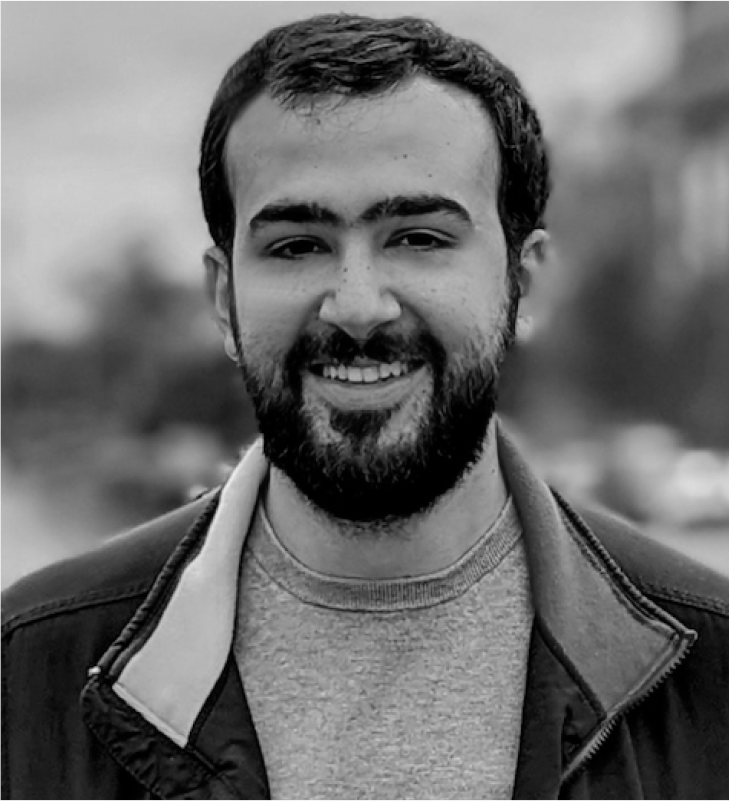

The language barrier poses a fundamental challenge to the global expansion of Arabic content in both traditional and digital formats, making translation and localization of paramount importance when exporting media. What role translation and localization play to import international content to the Arab audience, and to make Arabic content more accessible to global audiences while ensuring that the content remains true to its cultural roots and linguistic specificities?
Panel Moderator

Maha Abdullah
MENA Localization Consultant and Regional Languages Expert – Ex-NETFLIX and Disney+ Streaming Services
Read BioFilms adapted from books usually generate more revenue than original screenplays, with 70% of the world’s top 20 grossing films based on books. But what does it take to adapt a novel into a screenplay? How is the screenplay narrative tailored based on the novel’s blueprint? What defines the principal journey of the movie versus the storyline on paper? The Saudi bestseller “HWJN” presents a unique example to explore in this domain with its complex narrative structure and thematic content.
Day 2

This workshop will consist of two parts:
- • Part 1: Prof. Habash (New York University Abu Dhabi) will present a brief introduction to natural language processing (language artificial intelligence) and the challenges and opportunities of working with Arabic. He will introduce a number of state-of-the-art tools and resources, including links to the communities working on Arabic language artificial intelligence.
- • Part 2: Prof. Habash will guide a group discussion on identifying the needs, possibilities, obstacles, and solutions regarding the development of a more open and collaborative culture around Arabic language artificial intelligence.


Speaker

Dr. Nizar Habash
Professor of Computer Science at New York University Abu Dhabi and the director of the Computational Approaches to Modeling Language (CAMeL) Lab
Read Bio
